Is a genocide unfolding in Sudan?
That is what analysis of satellite imagery viewed by Yale’s Humanitarian Research Lab (HRL) is suggesting. According to reports, the Rapid Support Forces (RSF) is said to have killed over 2,000 citizens of Sudan including women and children in the city of El-Fasher. The HRL said that so much blood has been spilled that satellite images show that the ground has turned red.
Sudan has been in the middle of a civil war since 2023, arguably the world’s worst humanitarian crisis, when fighting broke out between the Sudanese Armed Forces (SAF) and the RSF. The paramilitary group has long been accused of committing atrocities in Darfur including mass killings, ethnic targeting, and sexual violence.
The RSF on Sunday said it had taken control of the SAF base and that it had “extended control over the city of El-Fasher from the grip of mercenaries and militias”. The SAF, meanwhile, acknowledged its forces had moved “to a safer location” and withdrawn from the city.
But what do we know about the RSF? And is there a genocide unfolding in Sudan?
Let’s take a closer look.
What do we know about the RSF?
The RSF is a powerful Darfur-based paramilitary force.Its chief, General Mohamed Hamdan Dagalo, known as “Hemedti”, or “Little Mohamed”, has been sworn in as the head of a parallel government in Sudan. The group has its origins in the Janjaweed militias comprising Arab and Arabic-speaking nomads that the Sudanese government began backing in the 2000s. The government under then President Omar al-Bashir supported and armed these militias with the aim of cracking down on a rebellion against the government.
The militia and its commanders were accused of committing mass atrocities during the conflict, including killing citizens and burning homes. The militia leaders and even the government officials were charged with genocide, war crimes, and crimes against humanity in Darfur by the International Criminal Court (ICC).
The government, over a decade later in 2013, began establishing the RSF, many of whose members came from this militia, as a paramilitary force. They were initially used as border guards; however, in 2015, they were also deployed to fight the war in Yemen alongside Sudan’s Army, Saudi and Emirati troops.
The RSF was accused of committing atrocities in Darfur, South Kordofan and the Blue Nile. Human Rights Watch in 2015 described the group as “men with no mercy”.
Though the RSF was now officially a government organ, it would continue to remain loyal to its commanders above all else, particularly Dagalo. That same year, the RSF was bestowed the status of a ‘regular force’. While it was initially run by the National Intelligence and Security Services (NISS), the group was declared an independent paramilitary force in 2017 by the government – which brought it under the command of then President al-Bashir. The president of Sudan would essentially use it as a ‘Praetorian guard’.
How the RSF rose to power
Then came the twist. When there was a coup against al-Bashir in 2019 by the military after months of massive protests, the RSF participated in getting rid of the long-time president of Sudan. The SAF and RSF initially reached a power-sharing agreement with pro-democracy forces to govern Sudan, with economist Abdalla Hamdok taking over as prime minister. Hemedti, meanwhile, became deputy head of the Transitional Military Council and then served as vice-president of the Sovereign Council that comprised both RSF and SAF personnel.
The idea was to eventually put Sudan on the path to democracy. However, the transition was difficult. In 2021, Hemedti and SAF chief General Abdel Fattah al-Burhan conducted a second coup and ousted the then prime minister Hamdok. The coup, which resulted in mass protests across Sudan, essentially halted any efforts to bring democracy to the country in its tracks.
A new sovereign council was established with Hemedti retaining his spot. However, tensions between Hemedti and al-Burhan broke out over the planned integration of the RSF into the Sudanese Armed Forces and which man would command the troops. While this has been a long-pending demand of both the SAF and pro-democracy forces, the RSF has not been keen on it. The RSF also wanted the commander to head up the civilian government.
Adel Abdel Ghafar, a fellow at the Middle East Council, explained to Al Jazeera that the RSF “has resisted integration into the army, understanding it would lose its power”.
In April 2023, fighting broke out between the SAF and RSF after months of tension, with each side accusing the other of initiating the conflict. The RSF quickly grabbed territory in Darfur and Kordofan, but the SAF held out in many other civilian areas. The two sides have been fighting each other on and off since 2023, with hundreds of thousands of people being killed and millions displaced.
In March 2025, the SAF, which has allied with other armed groups against the RSF, recaptured the presidential palace in Khartoum, dealing a major blow to the paramilitary group. In May, the Sudanese Army declared Khartoum free of the RSF.
The RSF, having lost the capital, seems to have entrenched itself in western Sudan, mainly Darfur and Kordofan. Now, after an 18-month siege, the city of El-Fasher in North Darfur has fallen to the RSF.
Is there a genocide unfolding in Sudan?
It is the fall of the city of El-Fasher that has prompted fresh accusations of an ongoing genocide in Sudan. The city, once home to around 1.5 million people, had around 250,000 left at the time it was taken by the RSF. Though around 26,000 fled the city early this week, many remain stuck inside without food or medical care. The city is in the grip of famine and remains cut off from relief efforts.
There are videos of unarmed citizens being executed at point-blank range and photos of bodies lying on the ground have gone viral. The Joint Forces, an ally of the SAF, has accused the RSF of having killed over 2,000 unarmed civilians since it took El-Fasher.
Meanwhile, the Sudan Doctors Network has said six physicians have been kidnapped by the RSF, which has demanded $1 millionfor their release. It warned that this is “a crime that cannot be tolerated”.
Firstpost has not independently verified the footage or the photos.
There are reports of arrests and attacks on hospitals, with RSF personnel even executing injured patients.
The HRL, which has been monitoring the situation via satellite imagery and open-source data, says it has found evidence of “mass killings”. It said RSF fighters are going door-to-door to target non-Arab civilians.
“El-Fasher appears to be in a systematic and intentional process of ethnic cleansing of Fur, Zaghawa, and Berti indigenous non-Arab communities through forced displacement and summary execution,” the HRL said in its report.
“The actions by RSF presented in this report may be consistent with war crimes and crimes against humanity (CAH) and may rise to the level of genocide,” the report added.
Yale Lab executive director Nathaniel Raymond compared the situation in El-Fasher to the outbreak of the Rwandan genocide.
“We are only at the beginning of a wave of violence,” Raymond told The Guardian. “I have never seen a level of violence against an area like we are seeing now. This is only comparable with a Rwandan-style killing in the first 24 hours.”
The UN Human Rights Office said there are reports of “summary execution of civilians trying to flee, with indications of ethnic motivations for killings” and videos showing “dozens of unarmed men being shot or lying dead, surrounded by RSF fighters who accuse them of being [Sudanese Army] fighters”.
The UN rights chief Volker Türk earlier this week said El-Fasher was at risk of “ethnically motivated violations and atrocities”. Türk’s office said it was “receiving multiple alarming reports that the Rapid Support Forces are carrying out atrocities, including summary executions”.
Meanwhile, many on social media are using slogans such as “El-Fasher drenched in blood” and “Save El-Fasher” to try to get the world’s attention to the developments.
The Sudanese Foreign Ministry has slammed the RSF’s “horrific terrorist crimes” against civilians, including women and children. It also criticised the international community, blaming the “politicisation of the Sudanese crisis and the bias of certain states” for the massacre. The developments come after the United States, Saudi Arabia, Egypt and the United Arab Emirates all held talks last week trying to chalk out a plan to end the Sudanese civil war.
With inputs from agencies


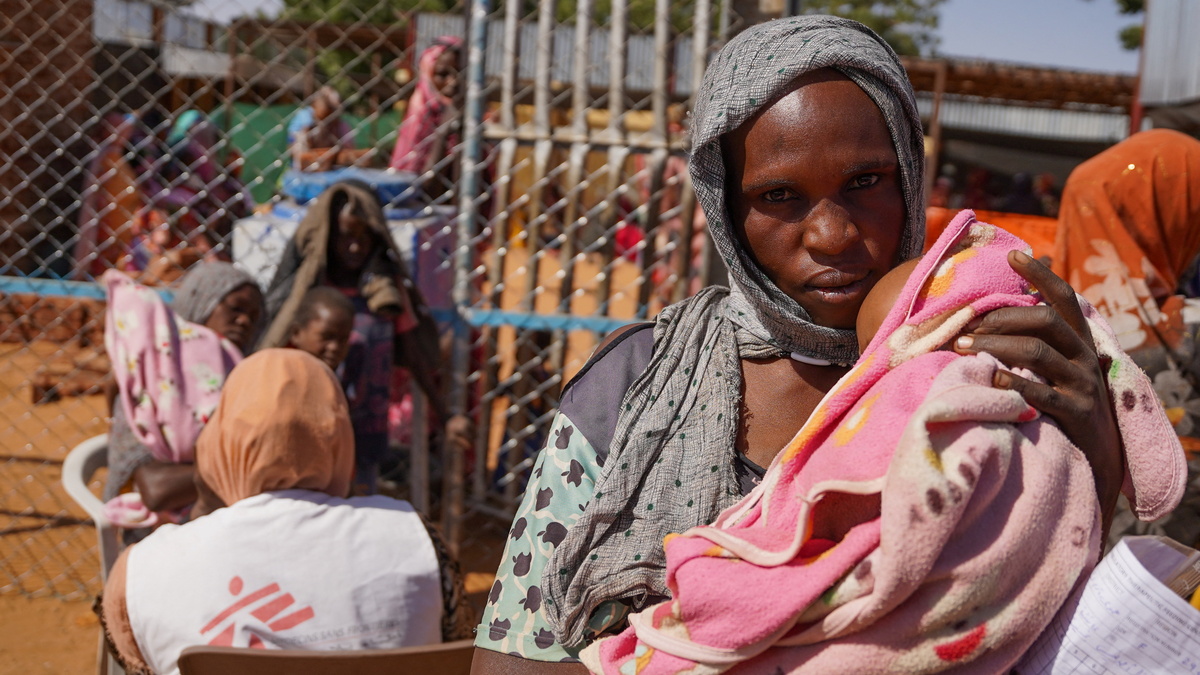)
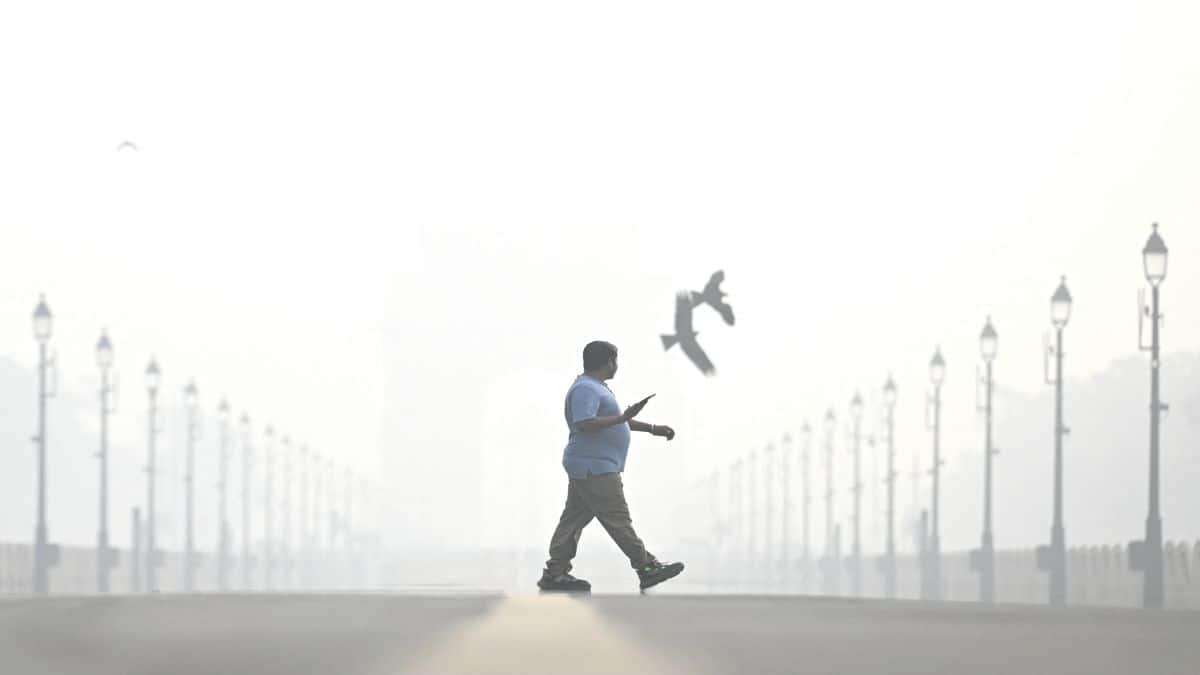
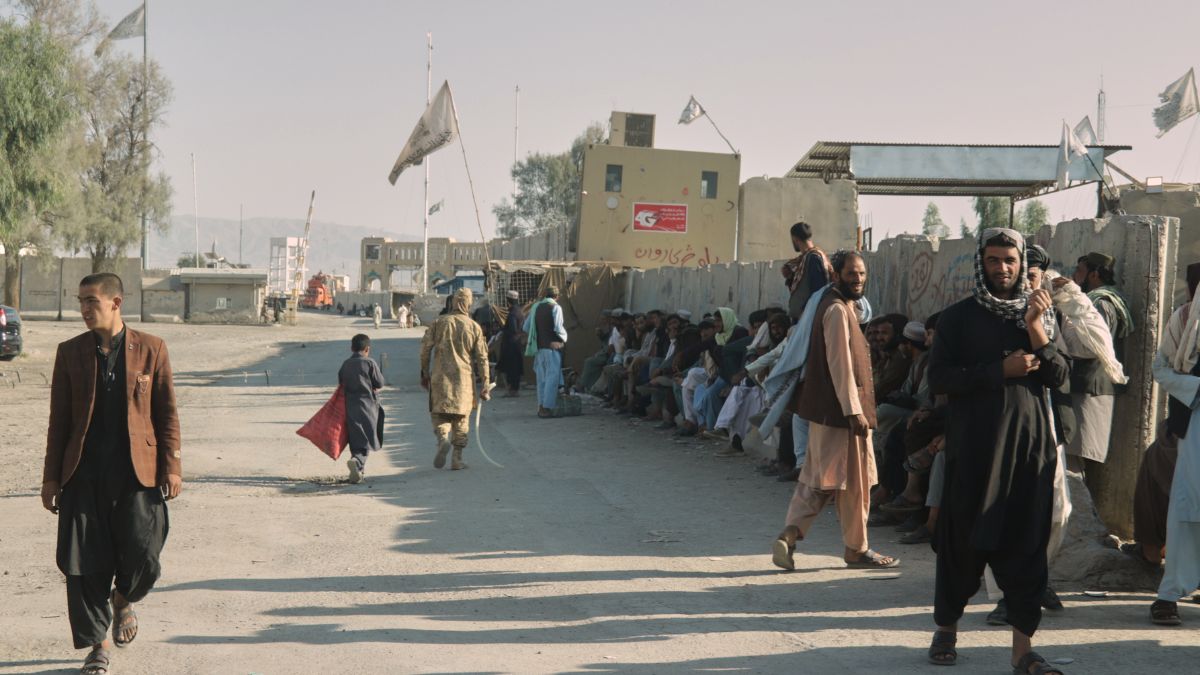)
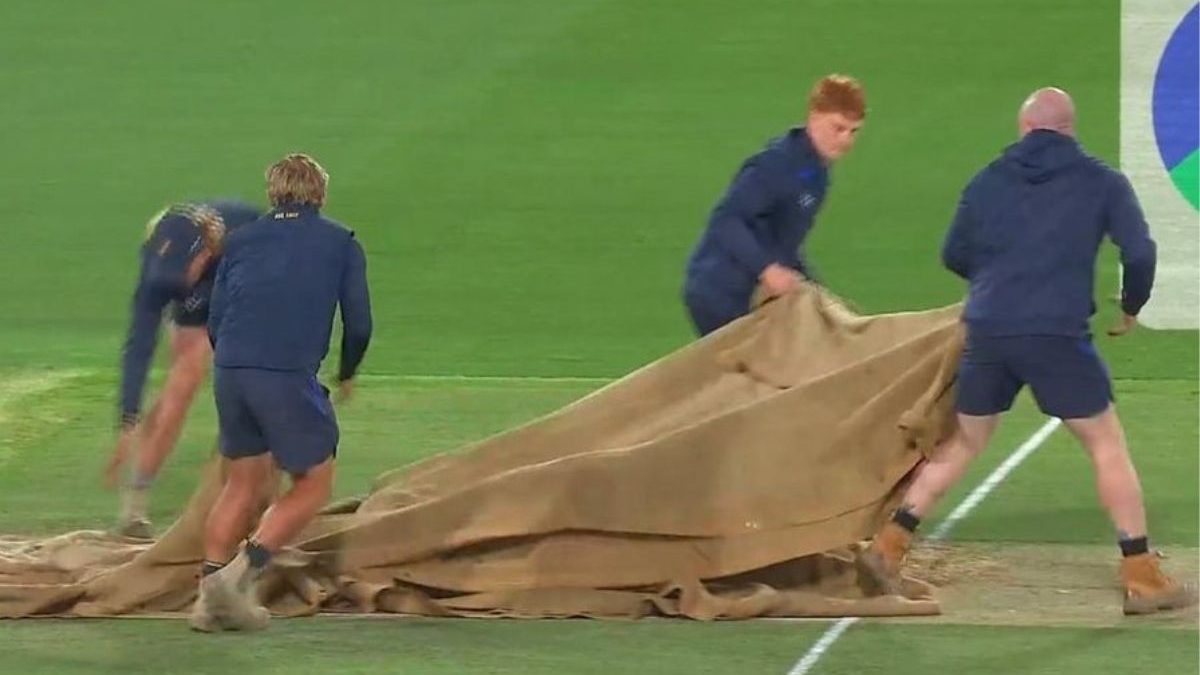)
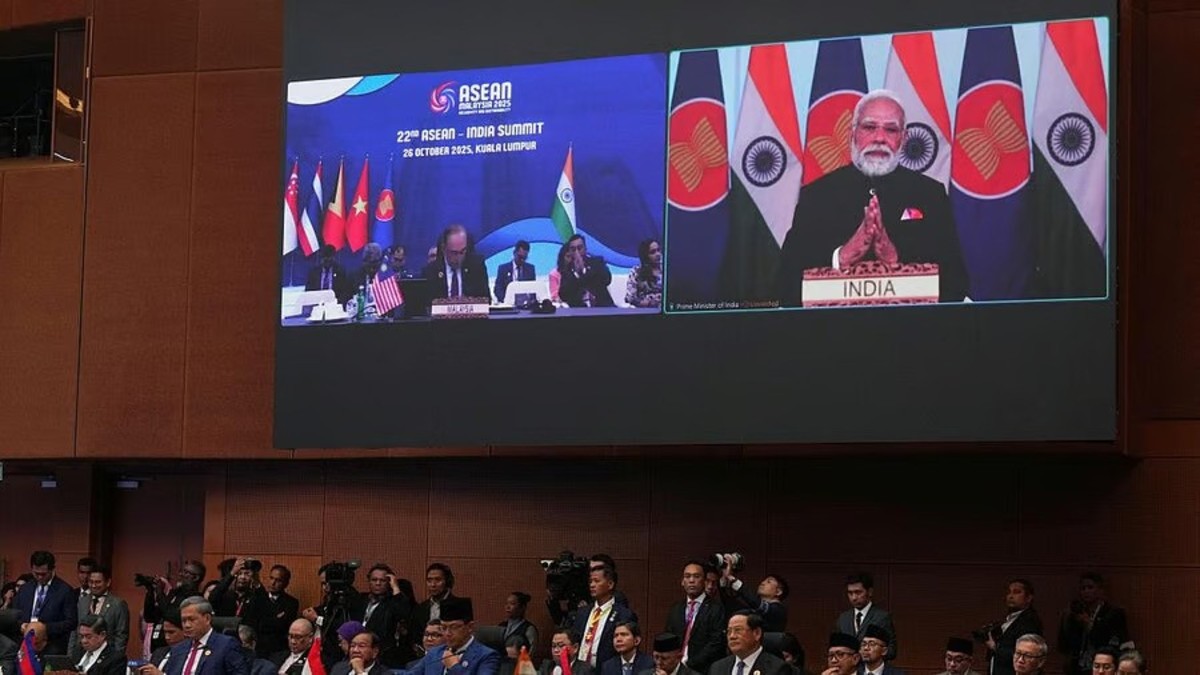)
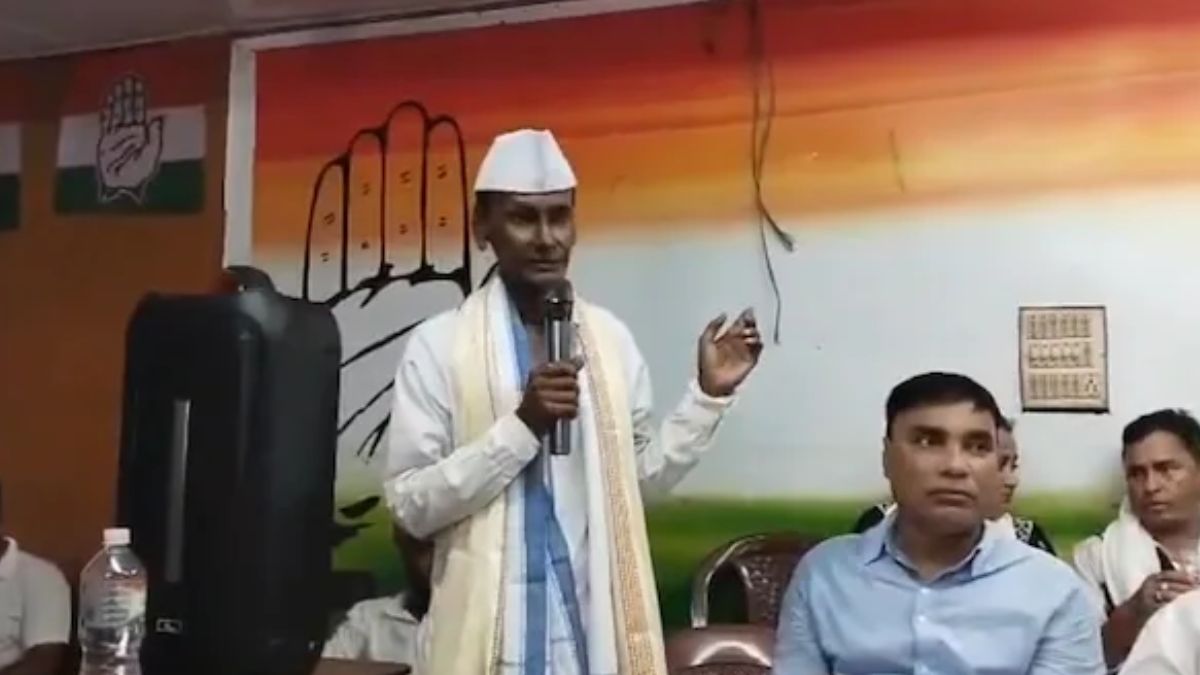)
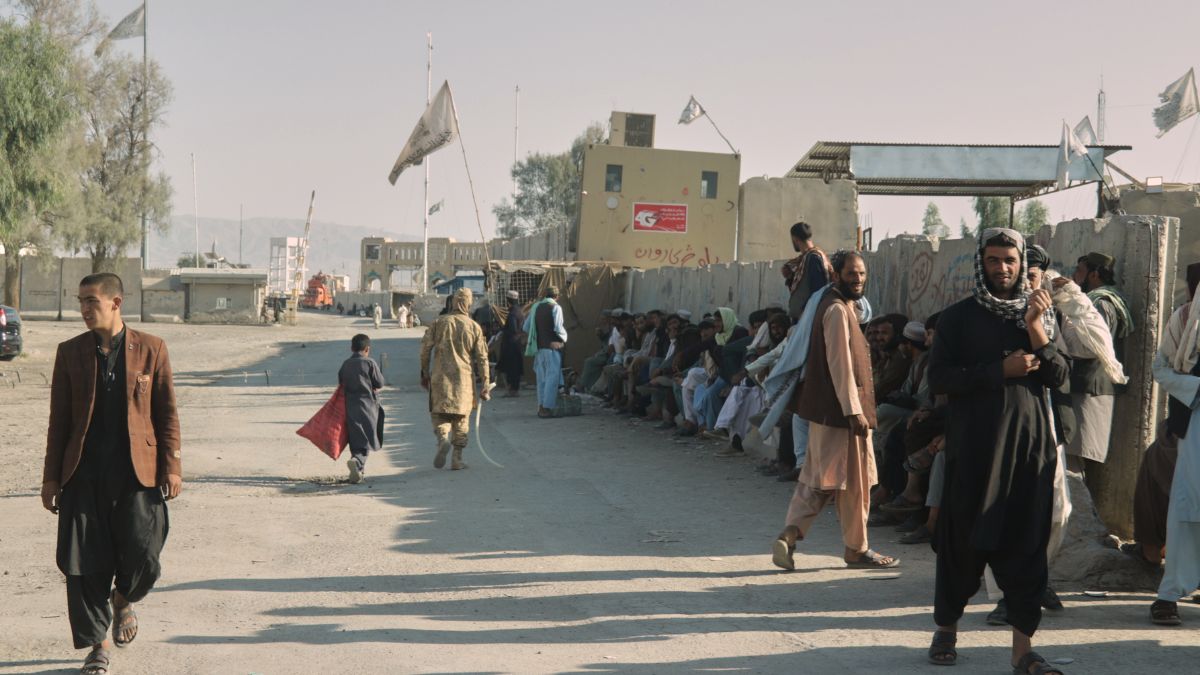)
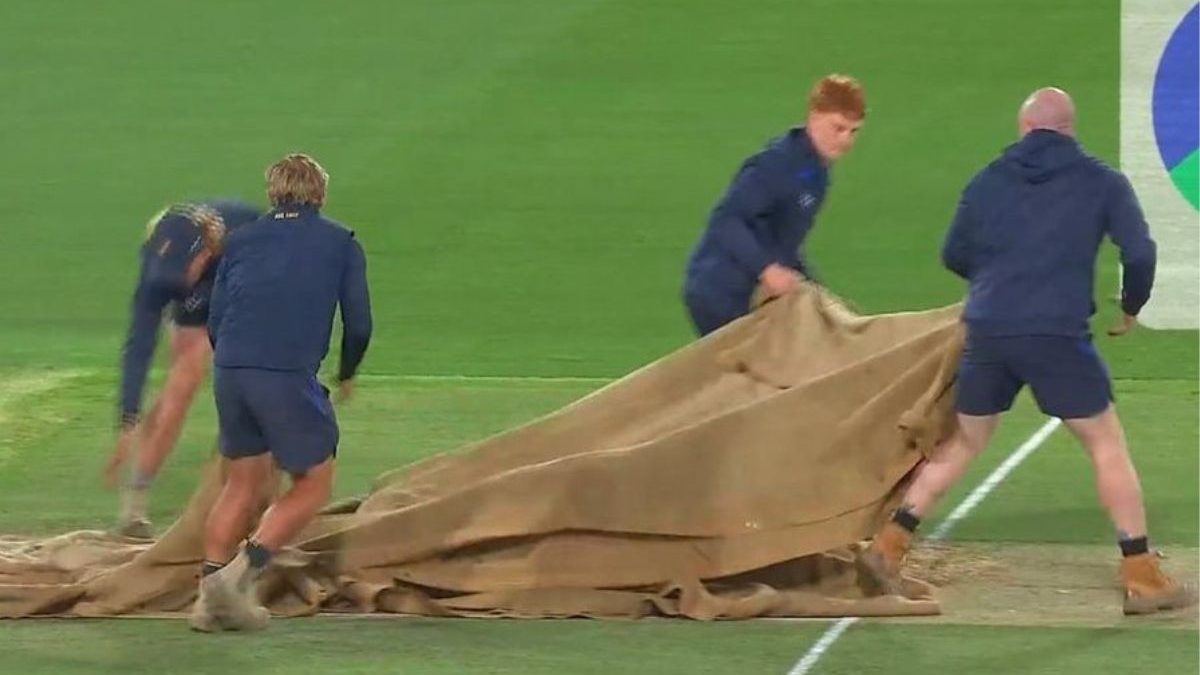)
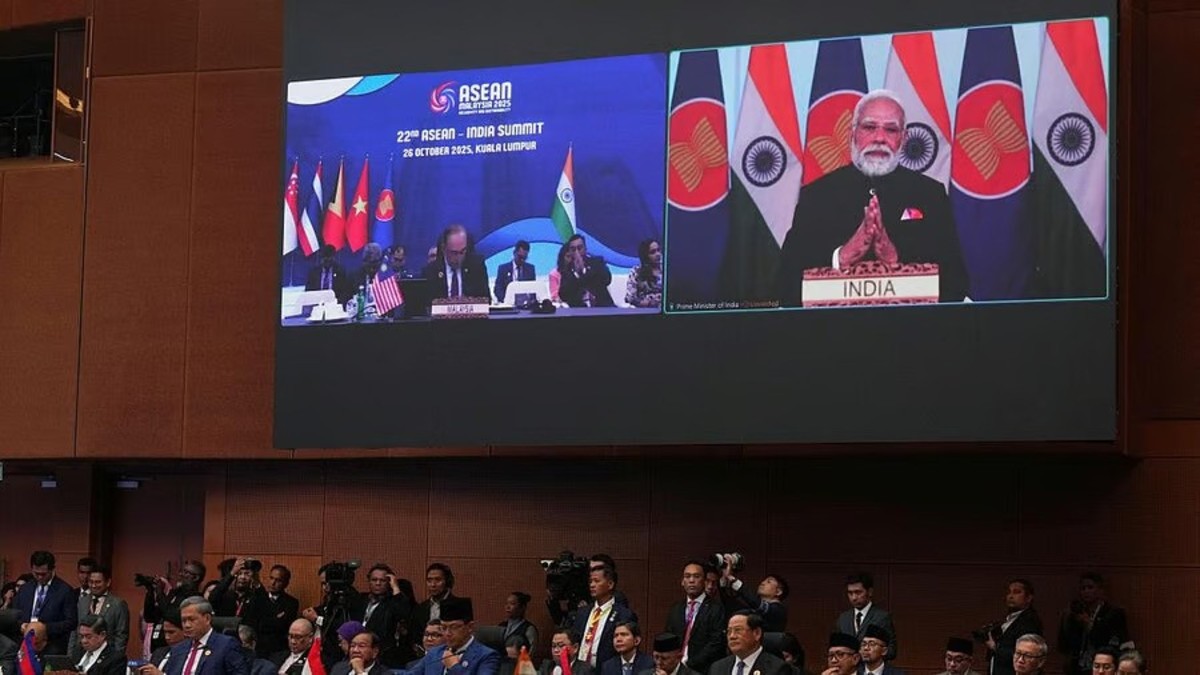)
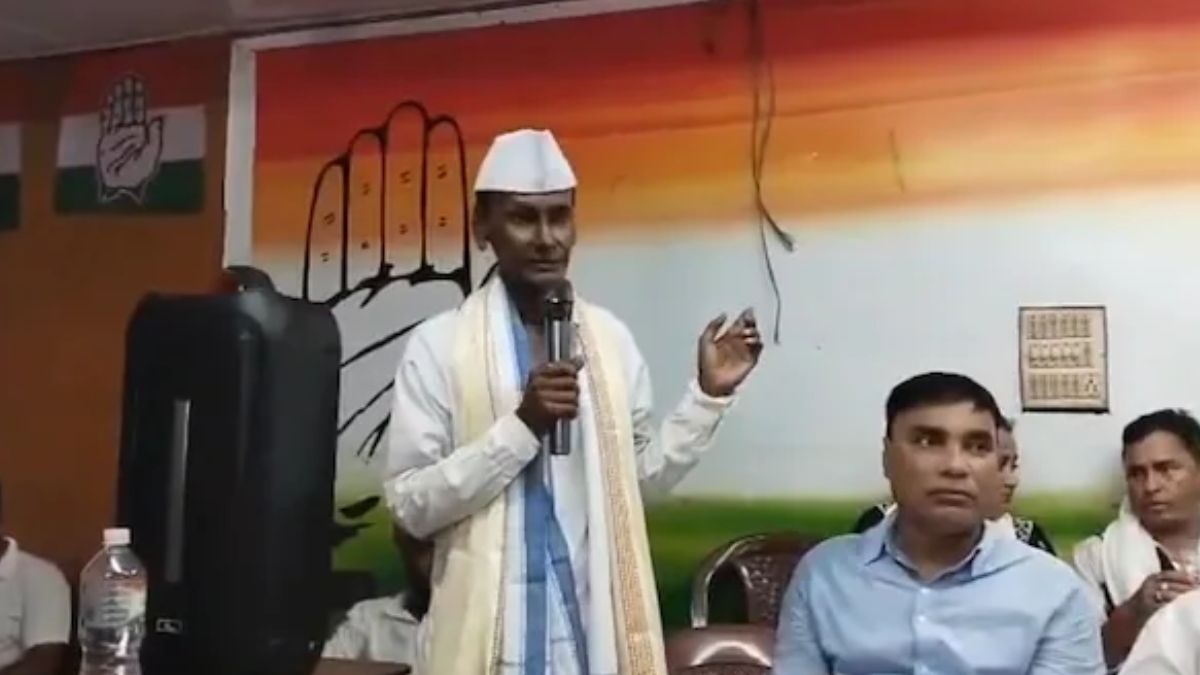)



